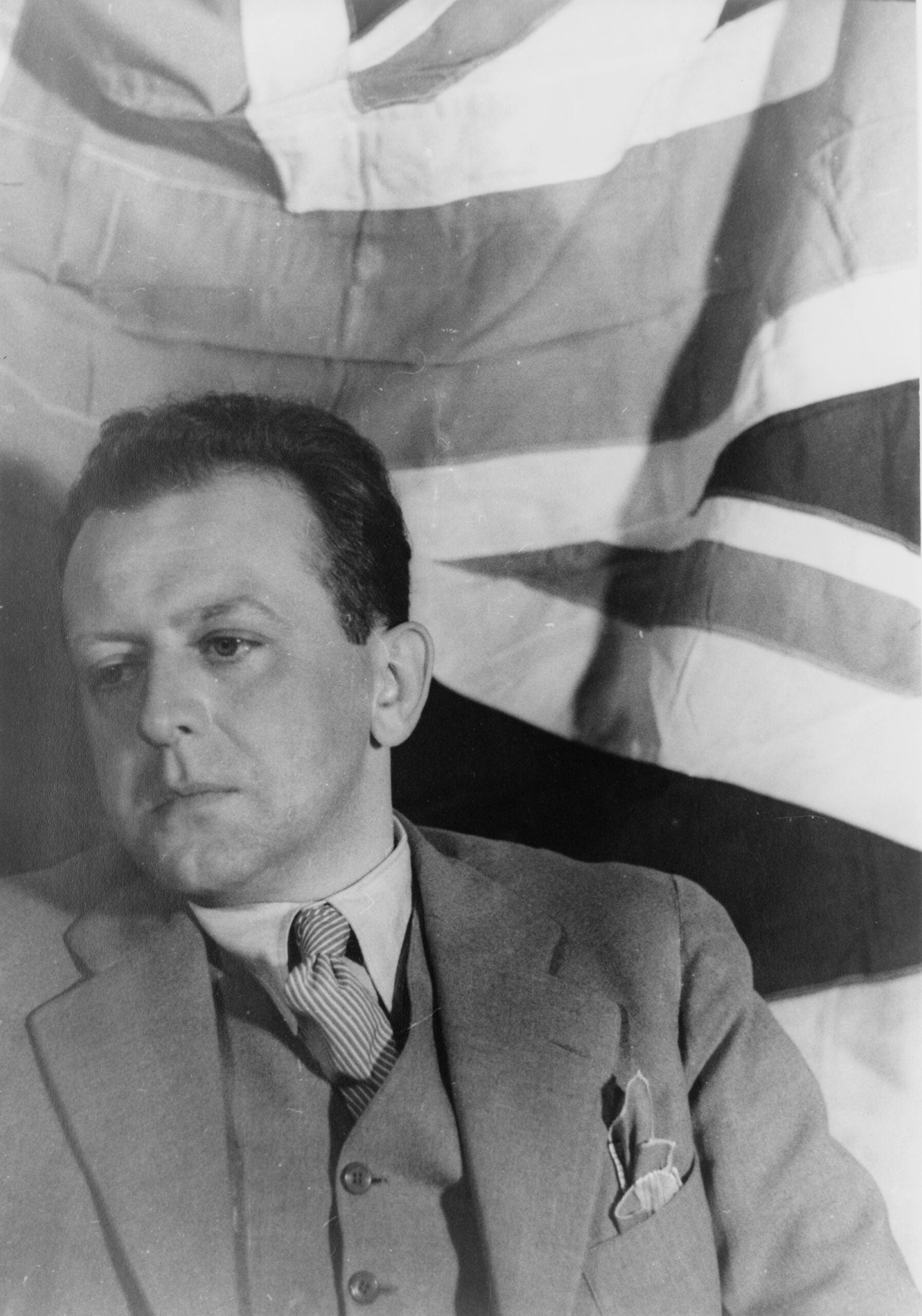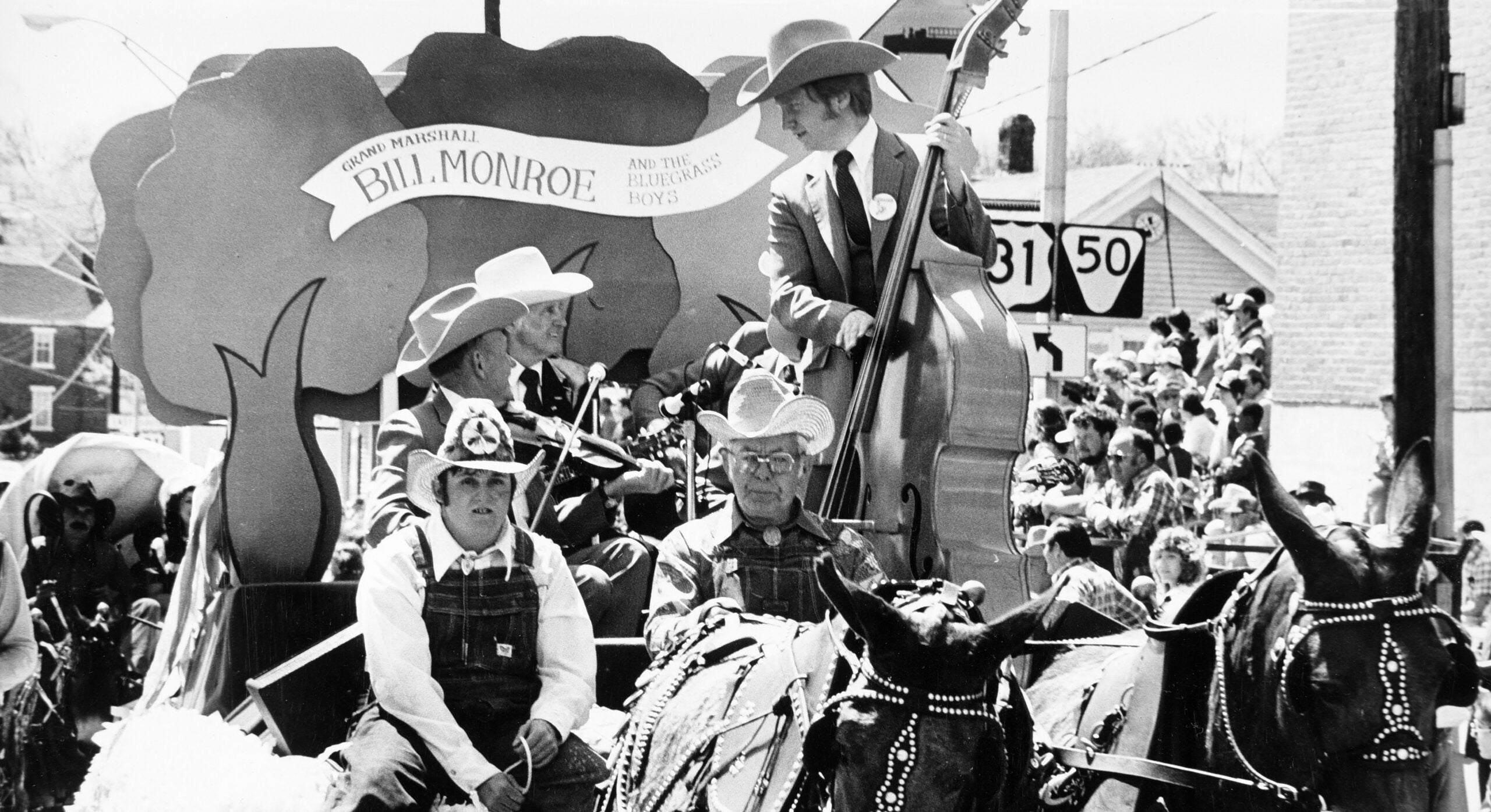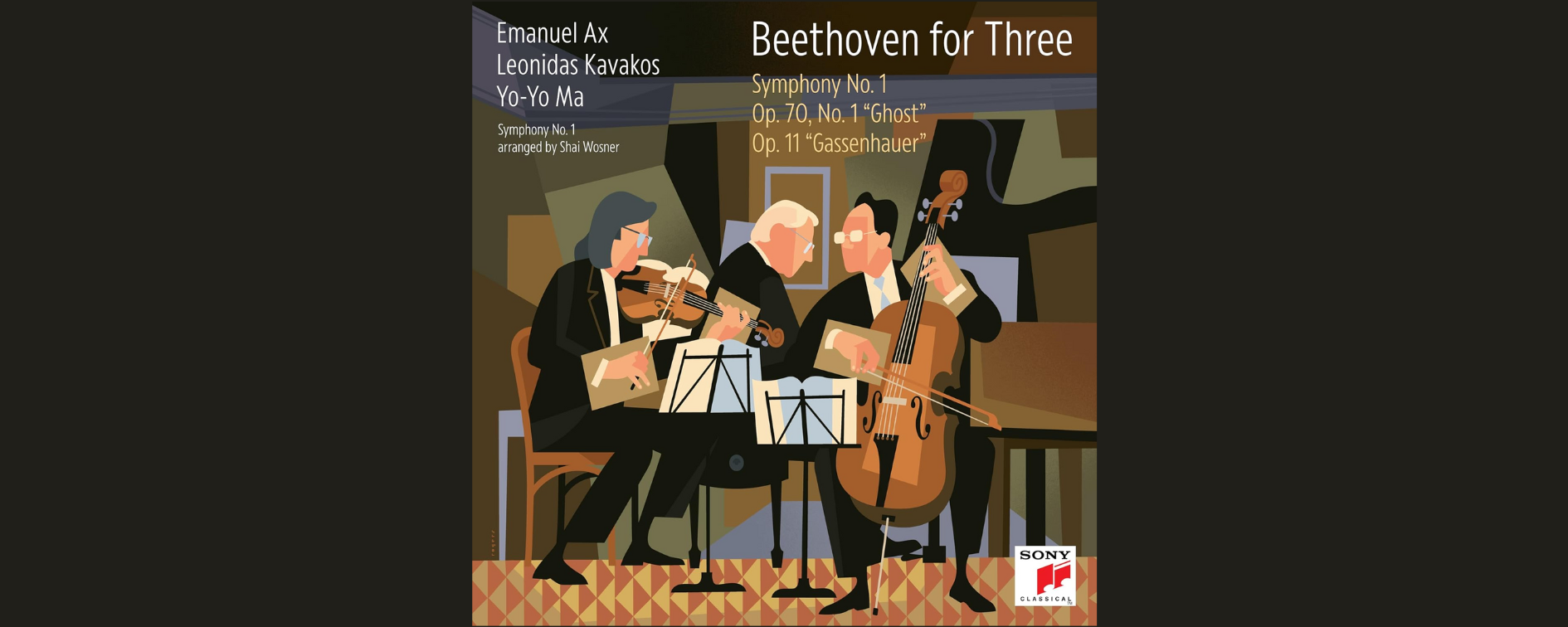At the onset of a northern winter, many dream of warmer climates. In 1934 the Canadian-born composer Colin McPhee did more than dream. He set out for the island of Bali.
In his book A House in Bali, McPhee describes how he first gained insight into the essence of Balinese music. For about a month he had been working on transcribing a complete score to a Balinese play he had seen. It seemed impossible that so much beauty could he achieved with a scale of only five tones.”
But the distinctive embellishments of the music eluded him. A young household helper and his friend decided to assist. One morning they set two objects next to McPhee’s piano. Thy were gangas – metal keyed instruments. The two boys played them in what struck McPhee as “a fast duet in Morse code.”
News with a little more humanity
WPR’s “Wisconsin Today” newsletter keeps you connected to the state you love without feeling overwhelmed. No paywall. No agenda. No corporate filter.
At last the composer had found the key to Balinese music. “Wait!” McPhee would call out from the piano as the boys flew along, “Stop! Please! That bit once more.”
Patiently the boys would stop and begin again. But soon they were flying again, faster than ever, amazing McPhee with their memory and precision. Sometimes the patterns repeated, sometimes they opened up into something new. Then, suddenly the whole duet would fly apart and the boys would burst out laughing, breaking the spell.
Although Colin McPhee left the island in 1939, he remained spellbound by Balinese music. And its rich, distinctive sound would color many of the compositions he would write for the next quarter century.
Wisconsin Public Radio, © Copyright 2026, Board of Regents of the University of Wisconsin System and Wisconsin Educational Communications Board.



